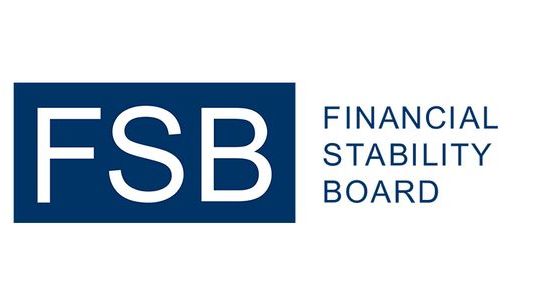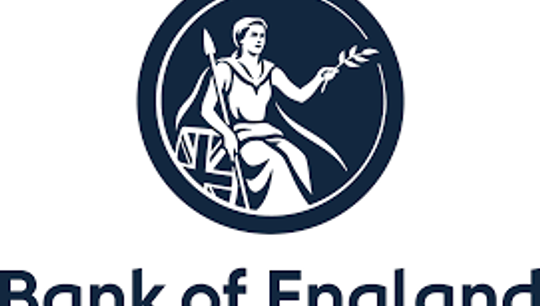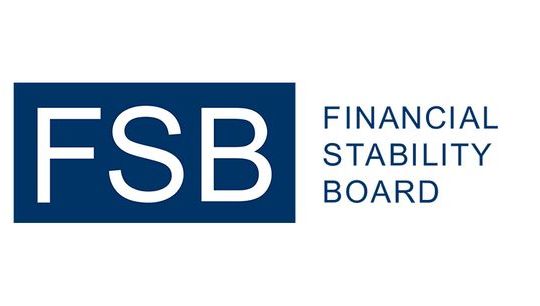CEO Blog - AIMA Dispatches: A good breakfast spoiled
By Jack Inglis, CEO, AIMA
Published: 18 April 2023
My weekend had got off to a good start up until breakfast last Saturday when my shoulders slumped upon reading the Financial Times piece: US regulator calls for greater scrutiny of hedge funds after bond turmoil.
SEC Chair Gary Gensler persists on a crusade that lacks merit. Even more dispiriting is the sensationalist thirst in the media to resurrect the “shadow banking” label and suggest lurking systemic risks within the asset management sector. My spirits only began to lift when I scrolled through the readers’ comments that followed the article. At least there is no shortage of people who share the same view as me.
Mr Gensler says that recent bond market volatility was “once in a generation”. Of course, government bonds are going to rally sharply when a bank collapses (SVB); it’s called a flight to quality. There were no major casualties at hedge funds, markets continued to function, trades settled, and margin calls were met. Agreed, some fund strategies experienced losses during the period but they were well within investor tolerance levels and were mainly in funds that had delivered superior performances in the past 12 months. There was no “run on a fund” (that can’t happen anyway; investor funds don’t have the same immediate accessibility as bank deposits) and no government intervention or bail-out. Not bad for a supposed “once in a generation” event.
Many of the FT followers commented that government agencies should look at their own houses first before seeking to point the blame squarely at hedge funds for sharp movements in markets. Years of QE and central bank balance sheet expansion, followed by successive interest rate hikes in a botched policy response to inflation are all “once in a generation”. Mr Gensler comes in for particular criticism amongst reader comments in “finding excuses for all the things he wants to do”.
We are all in favour of fair and efficient markets. Of course, regulators should have sufficient information to help them identify risks that could potentially destabilise the system (fund managers already provide a lot). But first, identify a problem that exists before trying to fit a solution to it.
As for “shadow banking”, let’s consign that unnecessarily murky term and all its connotations to the bin. As one FT reader put it, it is “misleading and reductive”. Another editorial piece in the Financial Times last week ran with the title “Taming the shadow banks”, thus further milking this weary misconception. A bank takes in deposits; funds do not. That is a huge difference when it comes to financial stability. Yes, private credit funds and some hedge funds make loans just as banks do, but they do so with a much more stable capital base than flighty bank deposits and with a mere fraction of the leverage.
None of this is new. Just before the global financial crisis, G7 finance ministers spent more time at a 2007 meeting discussing risk in hedge funds than in the banking system and look how that turned out. We at AIMA will continue to reinforce all these points and more to regulators and media alike.







